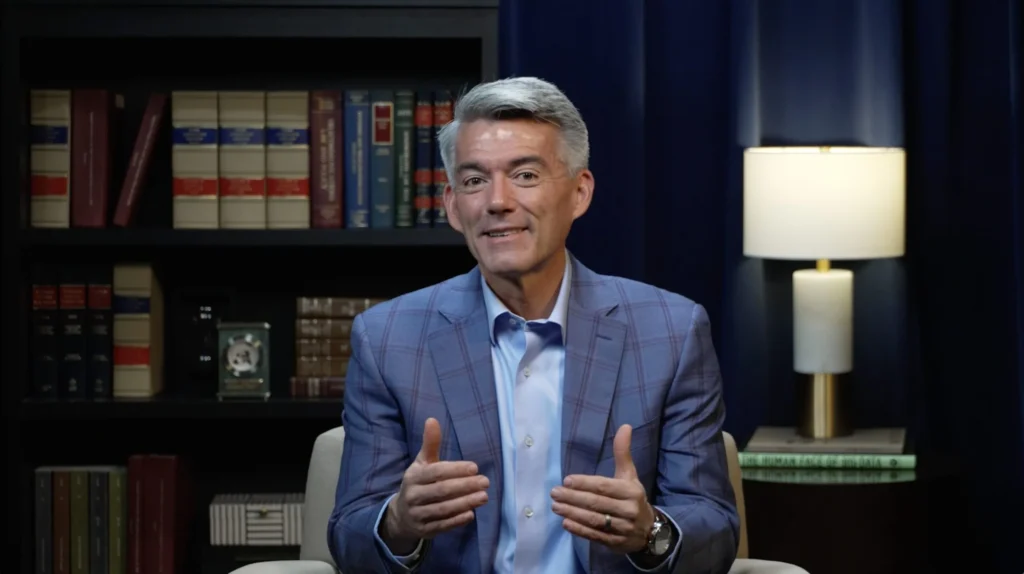WASHINGTON, D.C. – The National Cable & Telecommunications Association (NCTA) today urged the FCC to reject calls for a new technology mandate that would put the government – not TV innovators – in charge of determining how video programming is delivered to consumers. NCTA filed comments on the recently released “Report from the Downloadable Security Technology Advisory Committee” (DSTAC) which made no recommendations for FCC action.
While the DSTAC report didn’t call for FCC action, it did describe two approaches for ensuring that consumers can enjoy content on retail video devices – an apps-based approach that the entire TV industry has embraced and millions of consumers currently enjoy, and a proposed technology mandate often called “AllVid” that the FCC explored in 2010 and declined to pursue.
In its comments, NCTA emphasized that apps are now revolutionizing consumer access to video content as evidenced by Apple CEO Tim Cook’s recent statement that “the future of TV is apps.” By contrast, NCTA said the AllVid concept as described in the DSTAC Report is “pure vaporware.”
NCTA’s comments echoed the statement that 30 technology and content companies released after the DSTAC report was published:
“The “DSTAC’s Report underscores that there is no need for FCC technology mandates in a marketplace where consumers can access MVPD and OVD content on a wide and growing array of retail devices.”
NCTA urged the Commission to allow the “apps revolution” that makes pay TV available on millions of smartphones, tablets, smart TVs, streaming devices, game consoles, and PCs to continue expanding and innovating. Apps from pay TV providers have been downloaded over 56 million times on iOS and Android, and are now available to more than 460 million video devices in the United States – more than twice the number of set-top boxes currently in use.
In contrast, NCTA said that there are myriad problems with the AllVid approach under which consumer electronics manufacturers would strip the programming out of the pay TV service a consumer purchases, mash up that service in any way the manufacturers wish, and brand it as their own service – with no responsibility to programmers or distributors to deliver the content as required by contract and programming licenses.
Some of the AllVid shortcomings discussed in NCTA’s comments include:
- It would permit device manufacturers to ignore the privacy and other consumer protections that are part of pay TV service offerings.
- It would undermine the terms of content licensing agreements and the security protections that are enabling today’s new Golden Age of Television to thrive and expand to new platforms.
- It would impose unique competitive disparities on pay TV providers that AllVid proponents would never tolerate for their own products. It’s hard to imagine Amazon handing over all of its books, products, movies, and music available for free for Google and any other website to brand and retail as its own, when Amazon has already announced that it will not allow Amazon.com to sell Apple and Google devices that compete with its own streaming media players.
- It would sacrifice innovation in content protection technologies and put the government – and not video innovators – in charge of determining how programming is delivered to consumers.
- It doesn’t exist. The proposal calls for uninvented equipment and technologies, the development or extension of dozens of standards, interfaces, and applications, and a complete re-design of many pay TV services that would take years to develop and implement—while not even providing consumers a device that would deliver the service for which they had paid.
- It would burden consumers with new costs and equipment since the government would require consumers to obtain a new “AllVid Adapter” from their pay TV provider in addition to their retail video device.
NCTA said that if the Commission had adopted AllVid when it was proposed in 2010, consumers would not now be benefiting from the explosion of cloud and apps-based services that enable access to pay TV and online content on the wide and growing array of retail devices. Not only is the AllVid proposal incapable of supporting the realities of the video market, there is nothing concrete enough in it to warrant further Commission action at this time.
“In light of the marketplace success of the apps-based approach and the significant risks, costs, and technical and legal infirmities of the AllVid concept, the Commission should refrain from pursuing any further action in this area at this time,” NCTA concluded.
# # #








